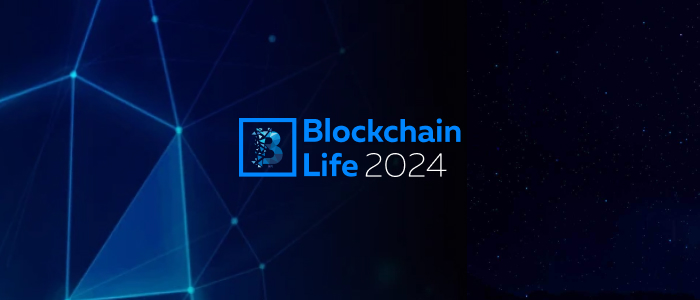Solidity is a high-level programming language used for writing smart contracts, primarily on the Ethereum blockchain. It is statically typed, supports inheritance, libraries, and complex user-defined types, making it similar to languages like C++ or JavaScript. Solidity is designed to target the Ethereum Virtual Machine (EVM), enabling developers to create applications that implement self-enforcing business logic embodied in smart contracts, leaving a non-repudiable and authoritative record of transactions.









